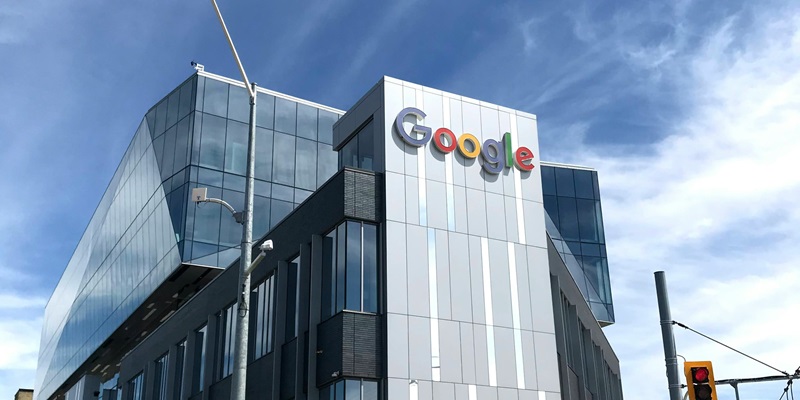In the bustling heart of Tokyo’s Roppongi district, a new beacon of cybersecurity has emerged. Google has unveiled a state-of-the-art research center poised to spearhead the Asia-Pacific region’s defenses against an ever-evolving cyberspace threat landscape. This pioneering hub is more than just a physical space—it represents a significant leap toward securing digital assets and infrastructures across a region that has become a hotspot for cyber threats. Its establishment comes at a critical juncture, as Japan, the host nation, grapples with escalating cyberattacks that have pried open vulnerabilities within government and crucial industries.
The Tokyo cybersecurity center is a testament to Google’s commitment to fortifying digital defences and fostering collaboration. At its core, the center is both a nexus for policy dialogue and a crucible for innovation and education, designed to work in concert with Japan’s own security initiatives. As cyberattacks grow in sophistication, the need for advanced research and a skilled workforce becomes pressing. Google’s hub aims to address these needs, creating synergies with Japanese institutions to amplify the region’s cybersecurity capabilities.
Japan’s Cybersecurity Landscape in Transformation
Amid rising cyber threats, Japan proactively strengthens its defences. The government is not only responding to incidents like ransomware attacks but also investing in its own security technology and bolstering corporate cybersecurity practices. By improving its framework, Japan is enhancing its capacity to counter threats ranging from data theft to espionage.
A pivotal move in Japan’s strategy is teaming up with Google in establishing a new cybersecurity center. This venture taps into Google’s advanced technology and network to improve Japan’s cyber defenses and extends its impact across the Asia-Pacific, providing a platform for regional knowledge sharing and collaboration in cybersecurity.
This alliance is more than a national initiative, it’s a statement that Asia is amping up its cyber defenses, with Tokyo spearheading this effort and setting an example. The partnership with Google shines as a beacon of regional security and demonstrates a commitment to a secure digital future for Japan and its neighbors.

